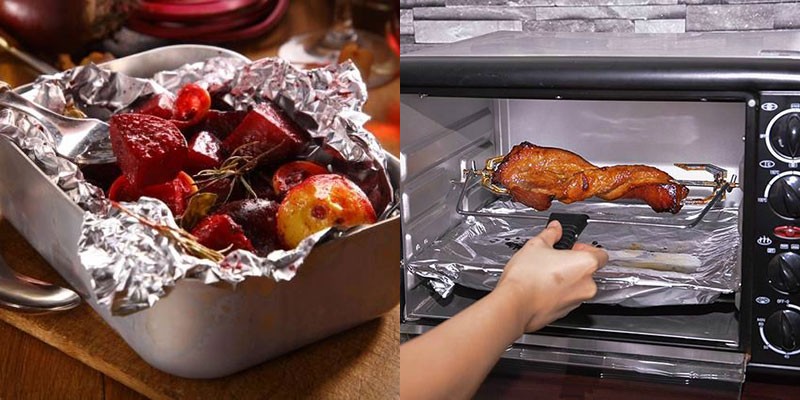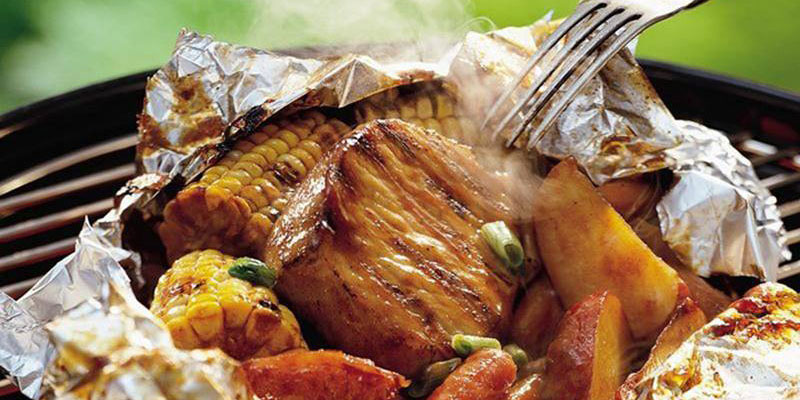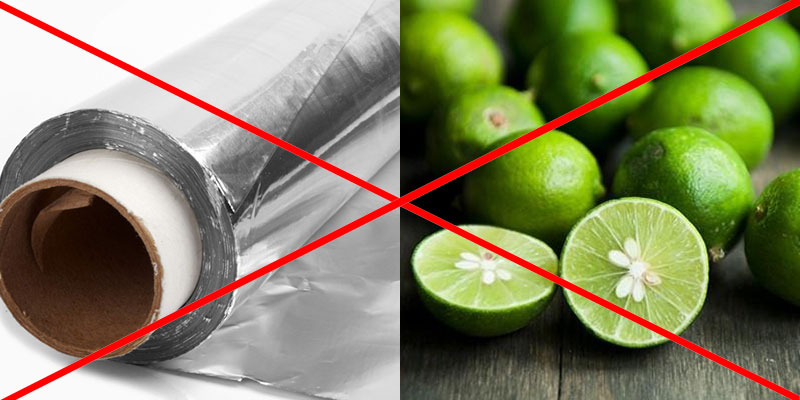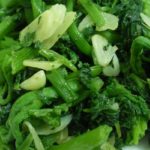1 What are the benefits of aluminum foil?
One of the most notable uses of aluminum foil is for grilling meat. Food grilled with aluminum foil remains intact and visually appealing, as the heat is distributed evenly, preventing charring or alteration during the cooking process. Additionally, the grilled meat retains a particularly flavorful and savory taste.

Furthermore, aluminum foil is also used to line baking trays for various foods such as… It ensures even cooking, prevents charring, maintains the original flavor of the food, and keeps the baking tray clean by catching any drippings from sauces or seasonings. Food grilled with aluminum foil tends to be crispier, more golden, and more aromatic than food grilled with regular paper.
Many people also use aluminum foil to wrap food before placing it in the refrigerator. The foil acts as a barrier against air and bacteria, preventing moisture loss and maintaining the food’s original flavor, thereby prolonging its freshness.
2 Harmful Effects of Improper Aluminum Foil Usage
Due to its convenience and versatility, aluminum foil has become an indispensable tool for housewives in food preparation and storage. However, excessive and improper use of aluminum foil can have detrimental effects on one’s health.

When food is wrapped in aluminum foil and cooked, the aluminum can leach into the food and subsequently enter the body. Absorbing excessive amounts of aluminum, a metal, can be harmful to health, especially for individuals with bone diseases or kidney failure. Additionally, aluminum can slow down the growth rate of human brain cells.
3 Safe and Proper Ways to Use Aluminum Foil for Food Wrapping
Avoid excessive use of aluminum foil when wrapping food for the microwave. This is because microwaves cook food from the inside out using electromagnetic waves, which can rapidly degrade the foil. As a result, aluminum ions can more easily leach into the food. However, some ovens with a built-in grilling function can safely use aluminum foil to wrap food when grilling with direct heat. When cooking foods that may release moisture, poke a small hole in the foil with a chopstick to allow steam to escape.

Do not use aluminum foil to wrap acidic foods such as lemons, tomatoes, or any seasonings containing alcohol. The acid in these foods will react with the aluminum, causing corrosion. A small amount of aluminum may leach into the food, giving it a metallic taste and potentially leading to food poisoning.
Additionally, avoid using old or discolored foil with black streaks to wrap food. At this stage, the foil has lost its effectiveness, causing food to stick to it, which can be harmful to health when consumed.
Source: http://afamily.vn
No one can deny the convenience that aluminum foil brings. However, for the sake of your health, it’s important not to overuse it. Hopefully, the information shared above will help you feel more confident when using aluminum foil for food preparation and storage.
More Useful Advice for Homemakers (Part 2)
Have you heard of the surprisingly easy tips to make cooking and household chores simpler? White radish eliminates the acrid taste of salted meat, adding alum to raw shrimp helps soften it, and adding cold water when frying eggs can make them crispy – these are just a few of the tricks to make your life easier.





































